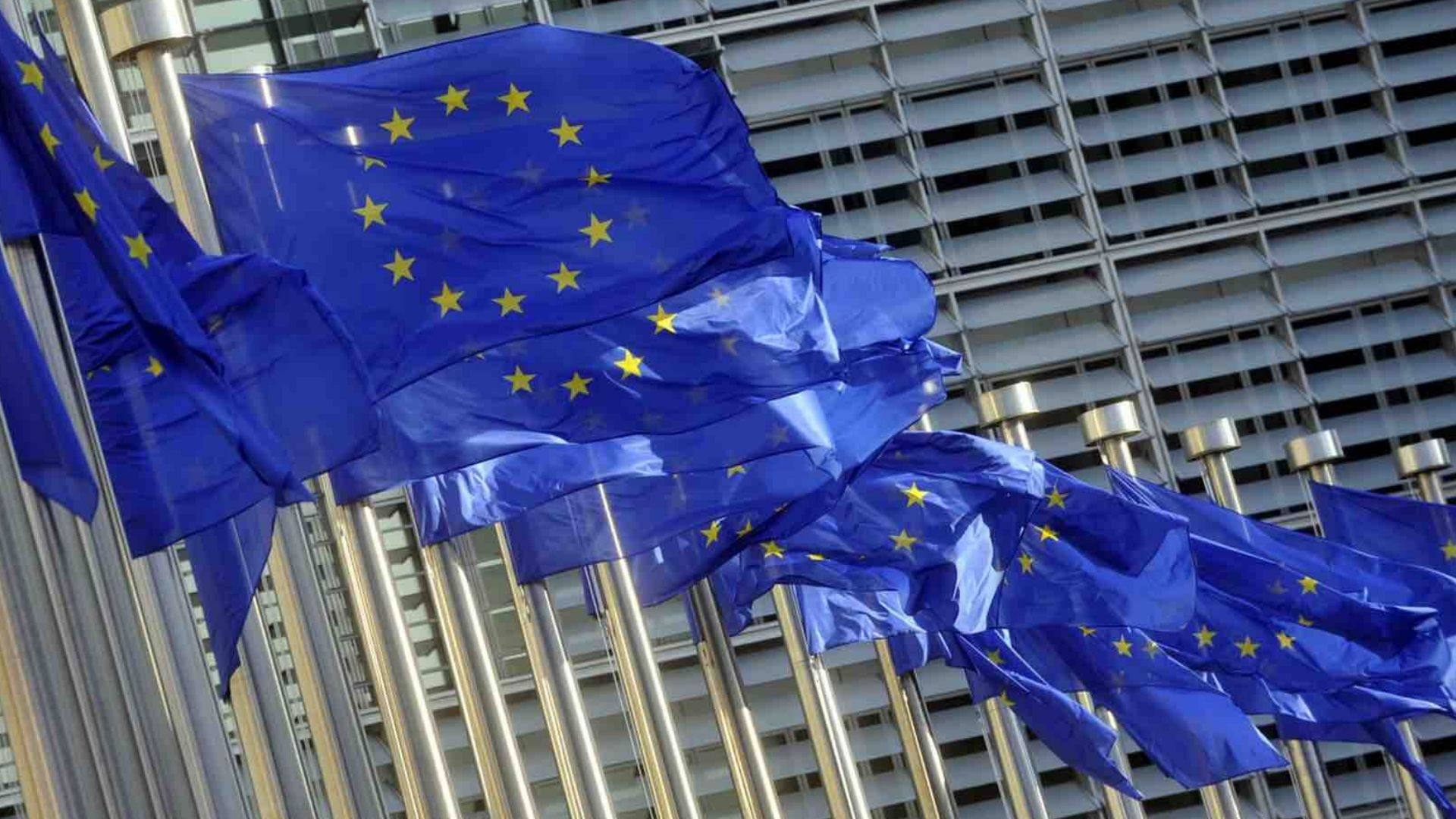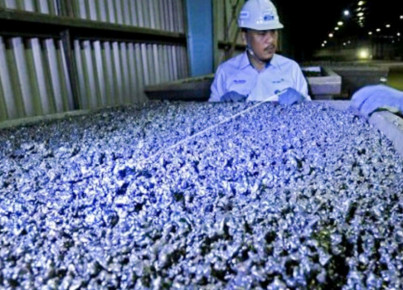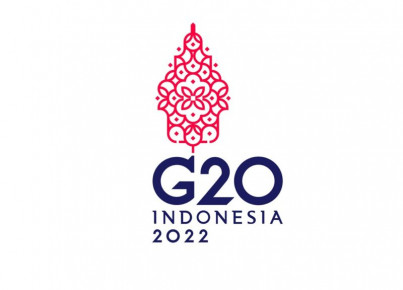EU’s agenda for its new Trade Strategy
On February 18th, 2021 the European Commission released the guidelines for a new “Trade Strategy”. The document determines the Union’s approach in trade with third countries in the years to follow.
It seems clear that the keyword will be “open strategic autonomy”. Open autonomy in recovering economically from the COVID-19 pandemic, thanks to the green and digital revolutions. Open autonomy in renovating multilateralism. Above all, open autonomy in reforming substantially the World Trade Organization (WTO).
The transition to a more sustainable economy is probably the main challenge. The goals set by the European Green Deal, a set of policy initiatives by the European Commission to make Europe climate neutral by 2050, are ambitious, numerous, and urgent. For this reason, one of the first targets of the new Strategy is to strengthen the environment safeguard clauses already present in the Free Trade Agreements (FTAs) that the EU signs with third countries. The respect of these clauses will be monitored very closely. Simultaneously, the fight against illegal trade will become stricter, to ensure the rights of citizens, workers, and farmers.
The second challenge is the digital revolution. The EU aims to enact new guidelines for “digital commerce”, that is the buying and selling of goods and services using digital channels such as the Internet and mobile networks. According to the Commissiona, over 60% of global GDP was represented by e-commerce transactions in 2018. Numbers that have grown sharply during the COVID-19 pandemic. However, the Commission strongly advises against those countries that impose discriminatory measures to promote their own digital competition at the expense of others. In the new Strategy, the EU pushes to ensure more cross-border data flows, but in respect of the EU’s legal framework on personal data protection. One of the most ambitious objectives is to ban unjustified data localisation requirements by apps and websites when they are not strictly necessary.
The reform of the WTO is essential to reach these goals. The Commission’s Strategy highlights the need to reinforce environment safeguard clauses not only in its FTAs but also internationally, by applying them to all those countries that want to keep trading goods, property, or services worldwide.
The WTO, with the appointment of the new Director-General Ngozi Okonjo-Iweala last March 1st, already made it through a complex deadlock situation: the appointment of the institution's governing bodies, blocked by the Trump administration for more than three years. The Nigerian economist received approval by both the EU and the White House under the new Biden administration. She is both the first woman and first African representative to be elected Director-General. Many hope that she is “the right woman in the right place” to put an end to the trade rivalry and increasing protectionism between the Union and the US. And to solve the trade war between China and the US, since this latter posed tariffs “inconsistent” with trade rules on China goods in 2018. Supported by the new administration, the EU hopes to export to the WTO its model of a digital and green transition.
The target of posing its strategic autonomy at the core, towards a Union that alone can reach its goals and pursue its global agenda on multilateralism, digitalisation, and climate change, is admirable. It is impossible not to notice, however, the lack of a strategy to relaunch relations with the Indo-Pacific area. Particularly Tiger Economies have been shining for their successes in the digital development field for a long time. Moreover, they are part of that group of countries most interested in the fight against climate change, seen their geographical position particularly prone to environmental disasters. Europe is already putting more emphasis on the Indo-Pacific. Several FTAs with Japan, Vietnam, Singapore, ongoing negotiations with Australia, Indonesia, and Malesia, and the development by the Commission of an “Indo-Pacific Strategy” are all tangible examples. However, more focus on this area of the world from the trade point of view remains crucial to give a boost to the new Strategy and to strengthen the position of the EU in the global arena.






